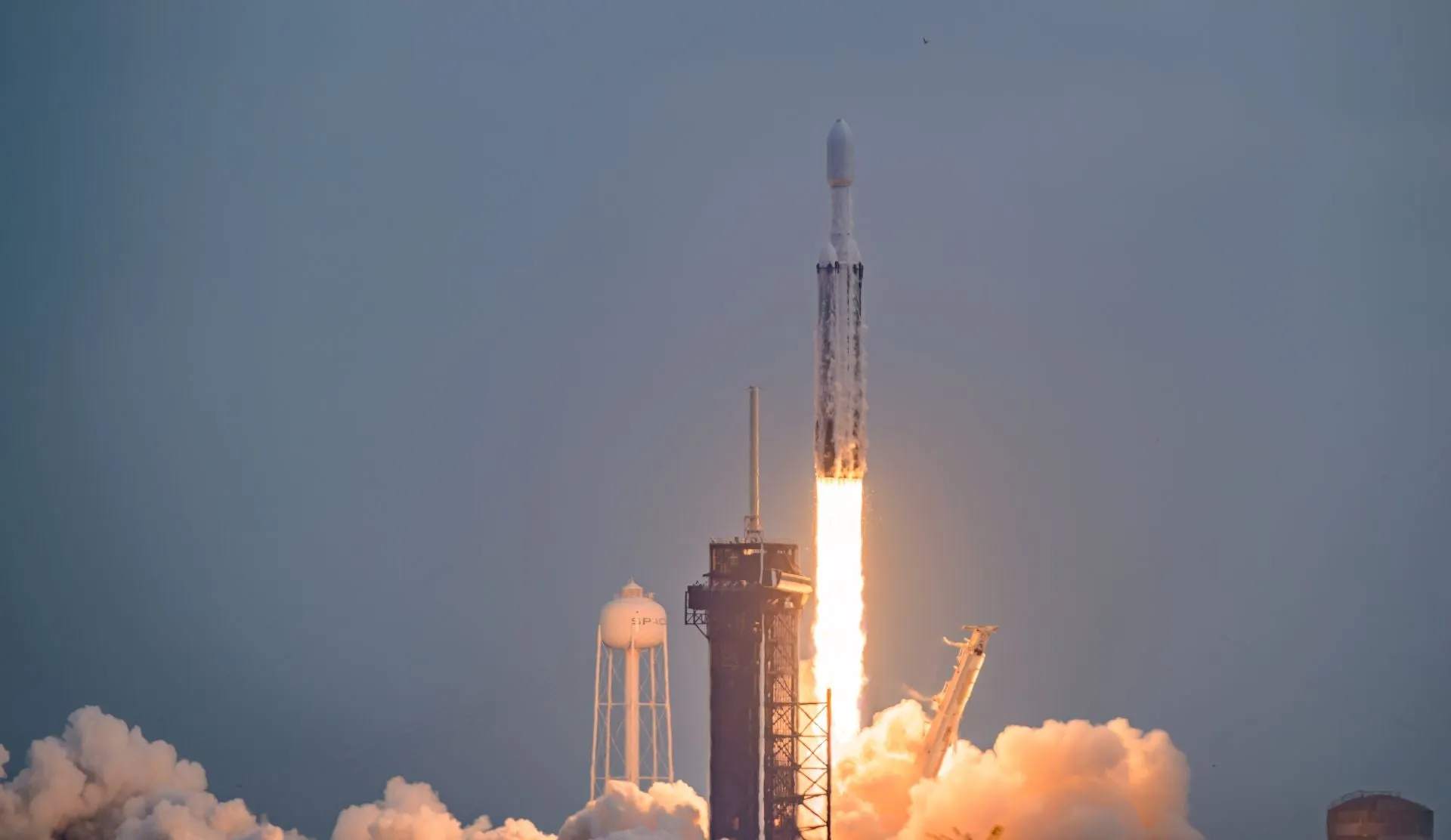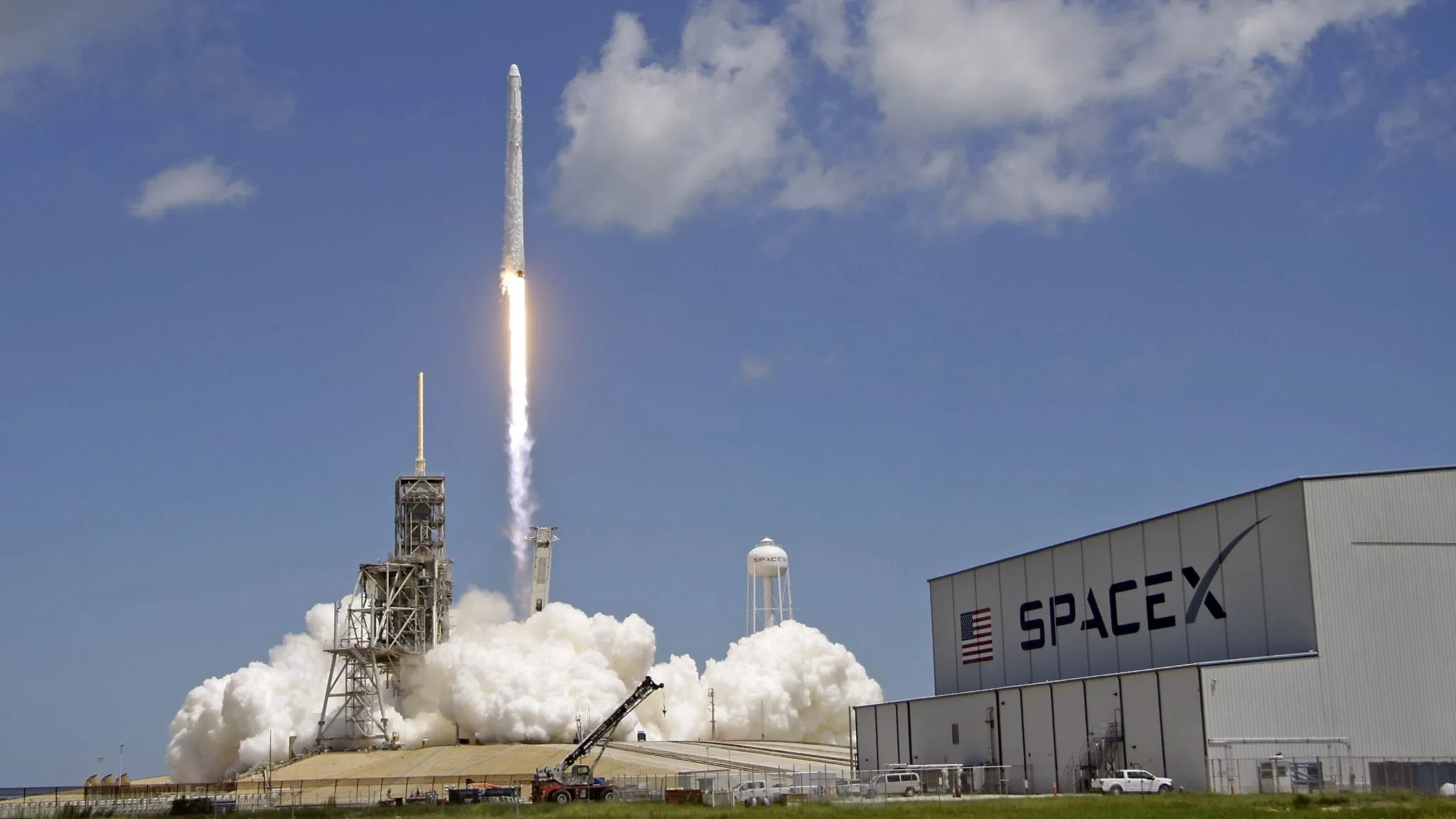Elon Musk, a name synonymous with innovation and controversy, is taking a complex yet strikingly diverse approach to space exploration, even as his domestic policies may suggest otherwise. Musk’s company SpaceX, known for securing massive contracts and pushing the boundaries of aerospace technology, is now at the forefront of a historic mission in partnership with NASA.

Pioneering Diversity in Lunar Exploration
Despite his newly established Department of Government Efficiency aiming to slice through federal expenditure, particularly by cutting down on diversity, equity, and inclusion (DEI) initiatives, Musk’s role in space exploration tells a different story. The Department, under Musk’s leadership, seeks to embody principles laid out by previous administrations to enhance government efficiency, which has involved a controversial stance on DEI programs.
Simultaneously, SpaceX, under Musk’s helm, holds a pivotal $2.9 billion contract with NASA, a cornerstone of the Artemis program. This ambitious program aims to return humans to the moon and includes plans to land the first woman and the first person of color on the lunar surface. This contract is part of a broader $13 billion engagement with NASA that underscores a significant commitment to diversity in space exploration, even as Musk’s other policies might contradict this ethos.

The Artemis program, initiated in 2017, is not just a revival of lunar exploration but a redefinition of who gets to explore. NASA has made clear its goals: “At least one of those astronauts will make history as the first woman on the Moon. Another goal of the Artemis program includes landing the first person of color on the lunar surface.” This mission aligns with broader shifts within the aerospace sector towards inclusivity and representation.
In 2023, the faces of this historic mission were announced, including Navy Capt. Victor Glover, an accomplished Black engineer, and Christina Koch, who holds the record for the longest single spaceflight by a woman. The diverse crew also lists Canadian astronaut and fighter pilot Jeremy Hansen and former chief of the Astronaut Office Reid Wiseman, showcasing a global commitment to diversity.
Speaking in 2024 about the importance of a diverse crew, Glover highlighted the symbolic nature of the mission: “For a woman to be on the crew and for a Black astronaut to be on board, it’s a testament to progress and the future of inclusive space journeys.”

The Contrasts of Musk’s Policies
This dual approach by Musk—trimming DEI initiatives on one hand while championing a diverse space mission on the other—raises questions about the real impact and intentions behind his policies. While some view his cuts in diversity programs as a step back, others might see the Artemis program as a significant leap forward for inclusion in the space industry.
As the world watches SpaceX and NASA prepare for this monumental journey, the broader implications of Musk’s strategies will continue to provoke debate and discussion. Whether these contradictions will resolve into a coherent policy time will tell, but the upcoming lunar missions promise to be not just a step but a giant leap for mankind, reflecting a new era of diversified space exploration.










